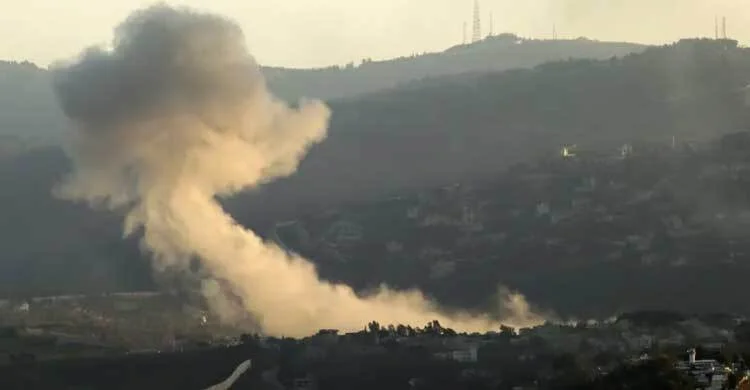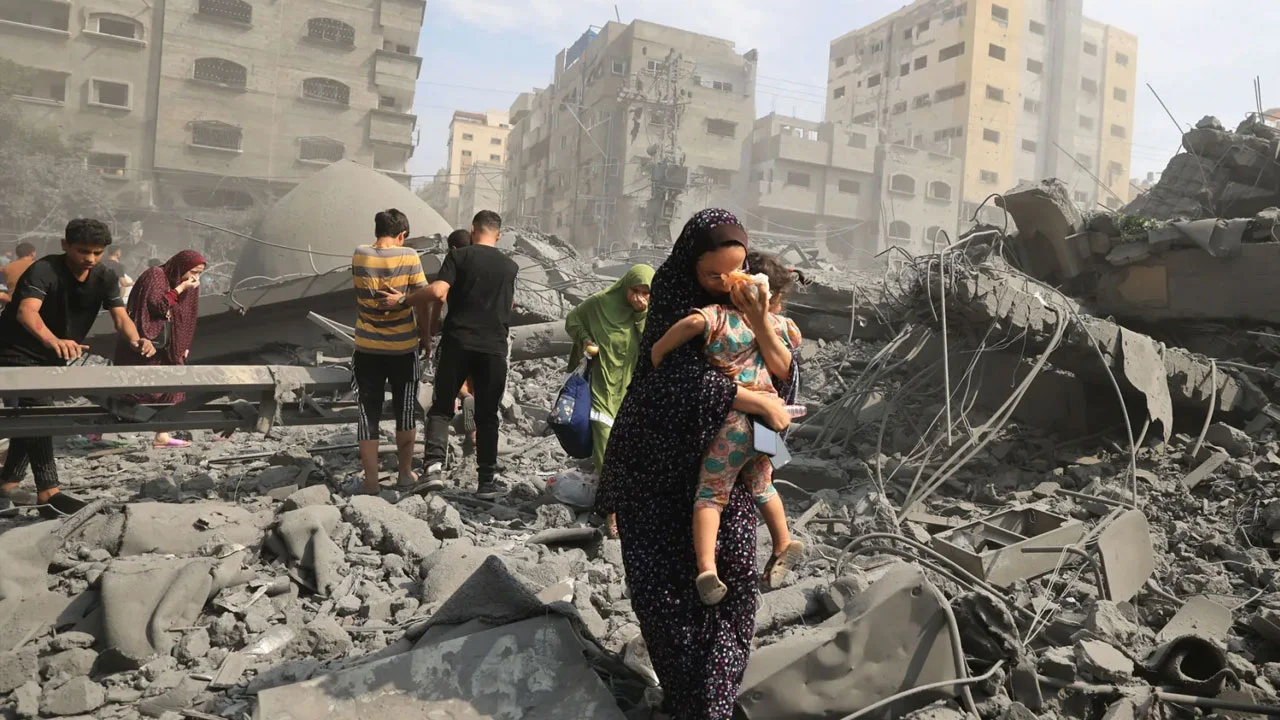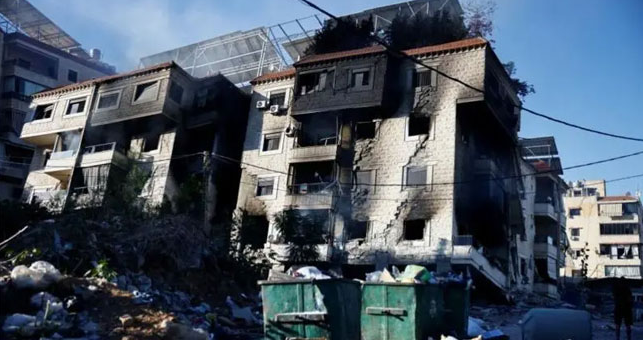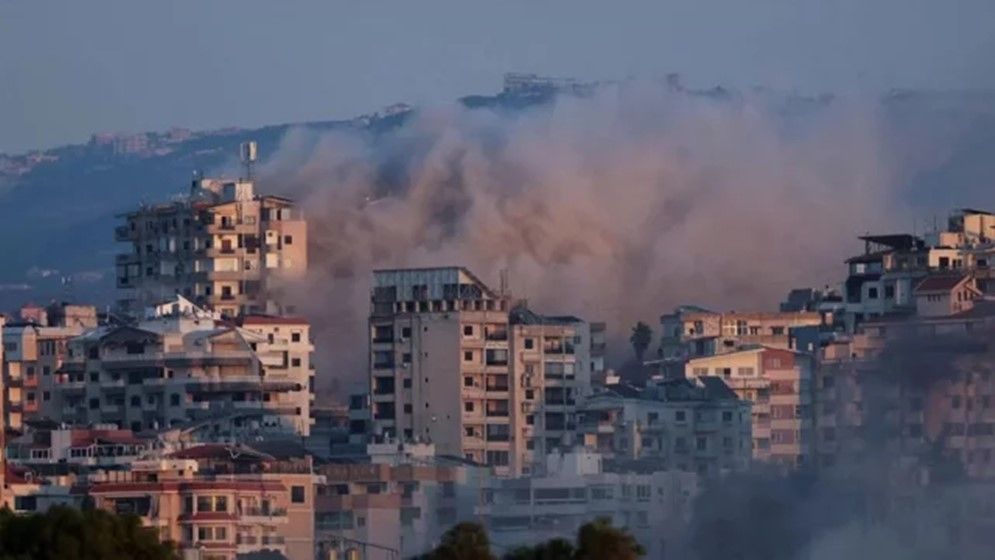Israeli forces continue to attack Lebanon. A powerful explosion rocked Beirut overnight. According to the country’s Ministry of Health, in the last 24 hours, 34 people were killed and more than 150 people were injured in bomb attacks across the country. Al Jazeera news.
As many as 20 attacks have occurred in the last 24 hours. Eleven of these occurred in the southern suburbs of Beirut. Israeli forces are carrying out massive attacks in various parts of Lebanon. According to a report, Israeli soldiers are attacking with bunker-busting bombs. They can reach very deep and even penetrate tunnels. Such a bomb can completely raze a building to the ground
Most of the attacks took place in the Dahiyeh area. According to Israeli media reports, these attacks were carried out with the intention of killing Hezbollah leader Hashem Safiuddin. It is assumed that Hashem Safiuddin is going to be the next head of Hezbollah. He currently serves as the top leader of Hezbollah.
Safiuddin, considered a possible successor to Nasrallah, was in a bunker in a south Beirut suburb, three Israeli officials said on condition of anonymity. It is not yet clear if he was killed in the attack.
Safiuddin is currently serving as the head of Hezbollah’s executive council. The US State Department listed him as an international terrorist in 2017.
Meanwhile, Qatar’s Emir Sheikh Tamim bin Hamad Al-Thani described the current crisis in the Middle East as a ‘collective genocide’. He said his country has repeatedly warned about Israel’s unrestrained actions.
Speaking at the Asia Cooperation Dialogue conference in Doha on Thursday (October 3), Qatar’s emir said it was clear that what was happening (in the Middle East) was a genocide. In addition, the Gaza Strip is being turned into an uninhabitable zone, so that the people there can be forcibly displaced.
At the same time, he strongly condemned the Israeli air strikes and military operations against ‘fraternal Lebanon’. For several weeks, Israel has been carrying out brutal attacks on various areas, including Beirut, the capital of Lebanon. Like Gaza, the occupiers are now turning Lebanon into another war zone. As a result, there is renewed unrest and tension in the Middle East.





